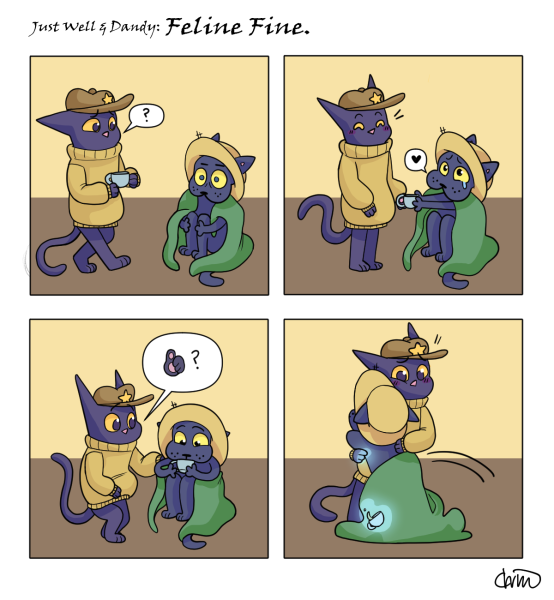Choosing major not major decision in college career
February 14, 2008
A college student’s worst fear may be choosing a major.
A worse feeling is if an already decided major may not be advantageous later on in the job market, or that a major acts as a ball and chain, only to be lugged around for the duration of life.
There is a plethora of things that can weigh heavily on the mind of a college student, but what is important to understand is that the major selection process is nothing like choosing the lesser of two evils or a death sentence. It’s also not the defining characteristic of your personal or academic life.
A college student’s major is more of a tool, and when used correctly, can open up a world of opportunity for future success.
Daniel Turner, acting director of the Academic Advising Center, gave interesting insight about the major selection process and the benefits students enjoy with a compatible major.
“Choosing a major involves active participation,” Turner said. “You can’t just pull a major out of a hat. Considering your interests, skills, abilities and values creates passion towards your major.”
Students who choose their major as a last resort only to fulfill requirements may end up doing more harm to their academic career than good. There’s more to a major than meets the eye, and the process starts with picking one that coincides with personal interests.
“The major selection process is a continuing one,” Turner said. “It involves self-learning, commitment, evaluation and re-evaluation. Other than receiving a degree, a major can aid the development of other skills such as time management, leadership and oral and written communication. These tools can help you succeed in every line of work.”
Ashley Nelson, a junior English major, feels the same way.
“My major motivates me to get where I need to go. I use it as a tool to achieve future life goals,” Nelson said.
The main function of a student’s major is to provide useful opportunities for the rest of a lifetime, and does not merely destine a student to a specific line of work.
Regarding concerns about one’s major, Turner encourages a healthy relationship with an academic adviser.
“A relationship with an adviser on campus can help with finding an internship or bring forth connections to organizations in the field,” Turner said. “Beyond that, an adviser can even trace students’ development and involvement.”
It is of vital importance for students to realize they do not have to feel stuck within their major, and if they do, there are endless resources they can utilize in order to get the matter sorted out.
There are numerous resources students can make use of, including the Academic Advising Center, Career Services and speaking with faculty members.
So undecided and in-a-rut majors alike, do not fret over your life being defined by your major. In actuality, therein lies a slew of opportunities for positive advancement and a chance to further personal, academic and professional growth.













